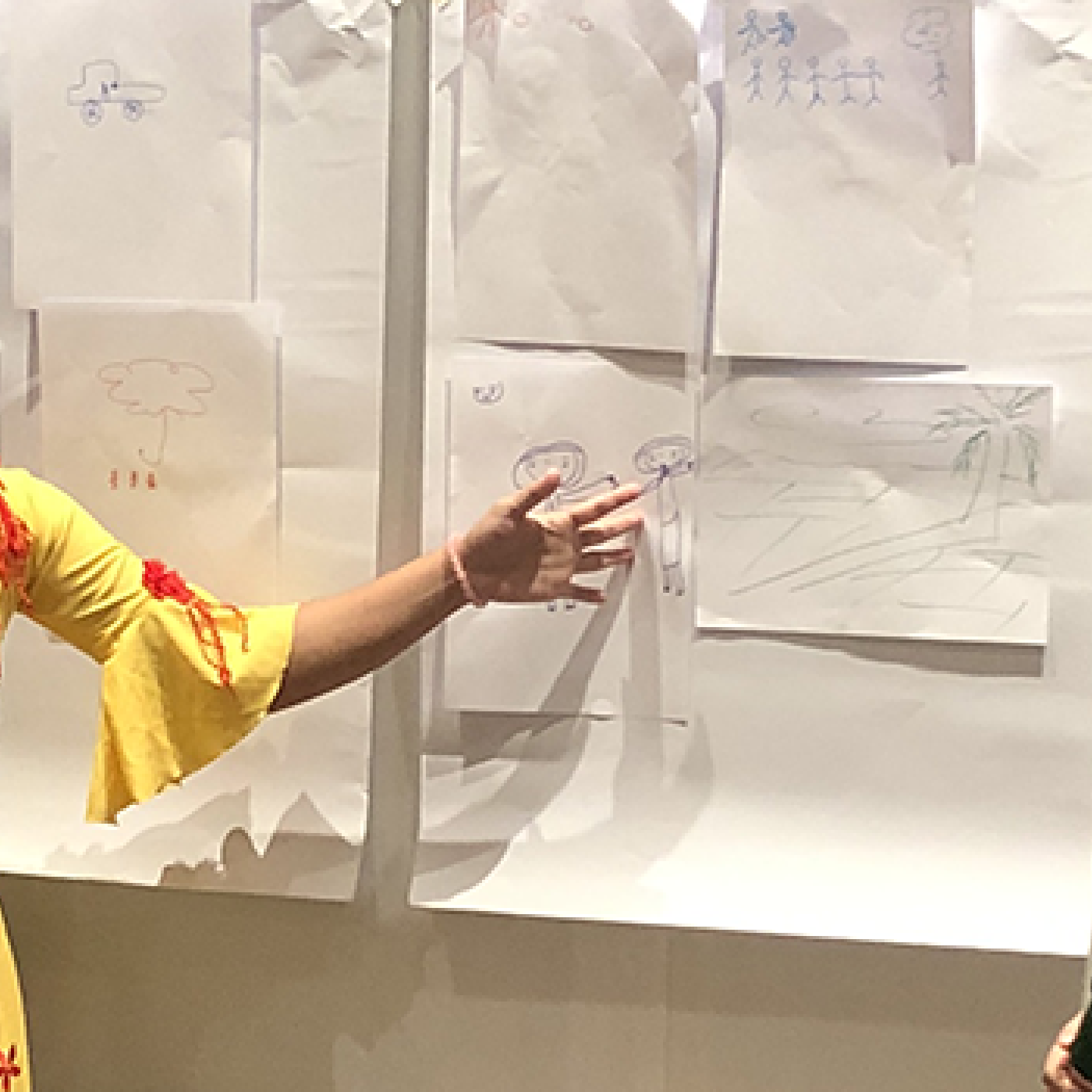Tools & Resources
Filter by
Type
Publication date
Language
Type
Publication date
Language
Publication
Report/Paper
COVID-19’s Impact on Pakistani Women
Though we do not yet know the full extent of COVID-19’s impact, women and most marginalized communities will likely experience disproportionate hardship. This means all preparedness and response measures should incorporate a gender analysis. A new IFES paper offers key recommendations for the government and Election Commission of Pakistan.
May 27, 2020
News & Updates
Feature
IFES President on Public Sector Leadership in Crisis
IFES President and CEO Anthony Branbury joined the Boston Consulting Group for an online Public Sector Leadership Roundtable on April 17, 2020. Their conversation focused on identifying critical factors in successful public sector responses to crises.
News & Updates
Feature
How to Protect Gender Equality in Elections During COVID-19
Disasters often inflame and exacerbate existing inequalities, and women continue to be largely left out of decision-making processes during the COVID-19 pandemic. Electoral stakeholders should work to ensure that gender does not serve as a barrier to electoral and political rights during this crisis.
News & Updates
Feature
Advocacy Success for Disability-Inclusive Responses to COVID-19 in Southeast Asia
Persons with disabilities face additional risks of contracting COVID-19, of having inadequate access to health care and of lacking a voice in decision-making. IFES is supporting disabled people’s organizations in Southeast Asia to conduct advocacy to hold governments accountable during the pandemic.
News & Updates
Feature
Indelible Ink in Elections: Mitigating Risks of COVID-19 Transmission While Maintaining Effectiveness
Many countries use indelible ink to ensure that voters cannot cast multiple ballots. Hand-sanitizing procedures, recommended to prevent the spread of the coronavirus, could also affect the ink’s effectiveness. IFES presents some factors election management bodies should consider.
News & Updates
Feature
The Legal Quagmire of Postponing or Modifying Elections
Amidst the uncertainty of COVID-19, many countries are grappling with how to modify election procedures to minimize the risk of transmission or change the system for voting completely to avoid the need for voters to go to the polls. While important and often necessary, these decisions are far from simple. IFES has compiled a list of legal elements to consider in relation to election postponements and modifications.
News & Updates
Feature
Elections and COVID-19 – What We Learned from Ebola
In an op-ed for Devex, IFES' Anthony Banbury shares lessons learned from the Ebola crisis as guidance for holding elections and averting a democracy crisis during COVID-19.
News & Updates
Feature
Empowering Persons with Intellectual Disabilities to Become Leaders in Myanmar
Last month, IFES and Future Stars, a self-advocacy organization, trained four new trainers with intellectual disabilities on how to build self-confidence to effectively and meaningfully participate in political life.
News & Updates
Feature
Emergency Powers and the COVID-19 Pandemic: Protecting Democratic Guardrails
Without a strong foundation for democratic resilience, a global health crisis can shock democratic institutions and offer a blank check to governments to use emergency powers to curtail political rights. IFES has identified four indicators that help to understand whether state actions during this time are “limited to the extent strictly required by the exigencies of the situation.”
News & Updates
Feature
Low Voter Turnouts, Fear, Disinformation and Disrupted Supply Chains: How Election Commissions Are Unprepared for COVID-19
All electoral activities planned for the near future will be affected one way or another by the COVID-19 pandemic. Election commissions need sound advice and technical assistance to navigate the complexity of each election context, coordinate with the relevant health authorities, consider all relevant public health and political factors, and make sensible decisions to safeguard voters and electoral processes.













